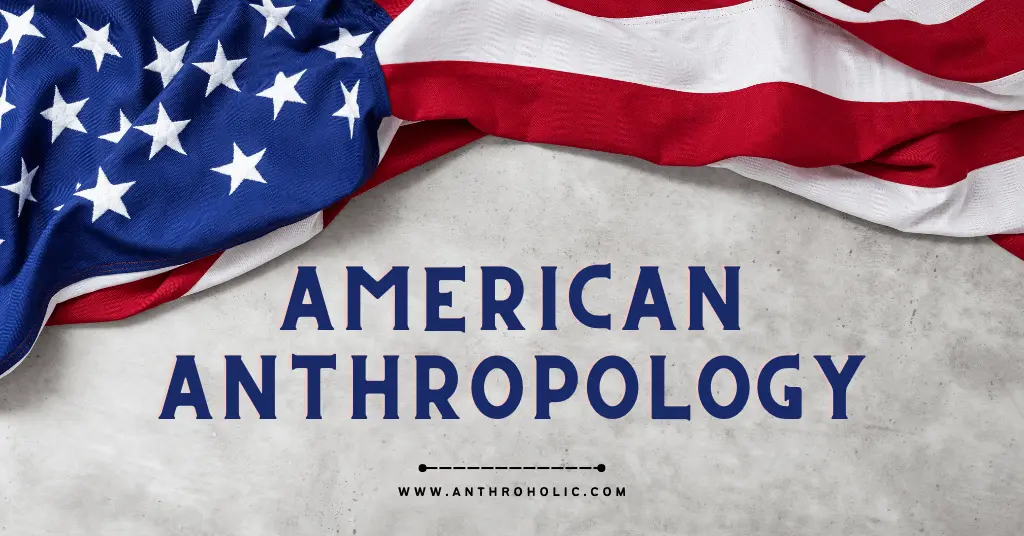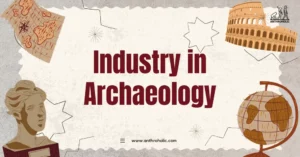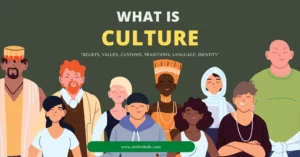AI Answer Evaluation Platform Live Now. Try Free Answer Evaluation Now
American Anthropology
Anthropology, the study of human societies and cultures, has evolved significantly since its inception. American anthropology, in particular, has played a crucial role in shaping the field as a whole, offering unique perspectives and contributions. This article delves into the origins of American anthropology, the major theoretical approaches that have emerged within the discipline, and the contributions of prominent American anthropologists to our understanding of human culture and society.

Origins of American Anthropology
In the late 19th century, American anthropology began to take shape as a distinct discipline. Early pioneers such as Franz Boas, Ales Hrdlicka, and Clark Wissler laid the foundation for future generations of anthropologists. The establishment of key institutions, like the American Anthropological Association (AAA) in 1902, further contributed to the development and recognition of the discipline (American Anthropological Association, 2021).
American anthropology received significant government support during the late 19th and early 20th centuries. The Bureau of American Ethnology (BAE), established in 1879, played a crucial role in sponsoring anthropological research and expeditions in the United States (Hinsley, 1981). Such support facilitated the collection of data and artifacts, fueling the growth of the discipline.
Major Theoretical Perspectives in American Anthropology
- Historical Particularism: Franz Boas, widely considered the “Father of American Anthropology,” developed the theory of historical particularism in response to the unilinear evolutionary theories prevalent in the late 19th century. Boas argued that each culture is unique and must be understood in its own historical context, rather than ranked on a single scale of cultural evolution (Boas, 1940).
- Cultural Relativism: As a student of Boas, Ruth Benedict further developed the concept of cultural relativism, asserting that cultures must be understood and evaluated in terms of their own values and beliefs rather than those of the observer. This perspective has greatly influenced the ethical considerations and methodologies in anthropological research (Benedict, 1934).
- Functionalism: Bronislaw Malinowski, a Polish-born anthropologist who worked extensively in the United States, introduced functionalism as a theoretical framework. This approach posits that cultural practices and institutions serve specific functions within a society, often addressing basic human needs and maintaining social equilibrium (Malinowski, 1944).
- Structuralism: Structuralism, pioneered by Claude Lévi-Strauss, is a theoretical perspective that emphasizes the role of underlying structures in shaping cultural phenomena. By analyzing kinship systems, myths, and other cultural elements, structuralists seek to identify universal patterns and structures that underlie all human cultures (Lévi-Strauss, 1958).
| Perspective | Key Proponents | Main Ideas |
|---|---|---|
| Historical Particularism | Franz Boas | Cultures are unique and must be understood in their own historical context |
| Cultural Relativism | Ruth Benedict | Cultures must be understood and evaluated in terms of their own values and beliefs |
| Functionalism | Bronislaw Malinowski | Cultural practices and institutions serve specific functions within a society |
| Structuralism | Claude Lévi-Strauss | Emphasizes the role of underlying structures in shaping cultural phenomena; seeks to identify universal patterns and structures that underlie all human cultures |
Contributions of Prominent American Anthropologists
Franz Boas: Cultural Anthropology and Linguistics
Franz Boas made significant contributions to the development of cultural anthropology and linguistic anthropology. His holistic approach to the study of human societies and his commitment to rigorous fieldwork methods set a new standard for anthropological research (Stocking, 1968). Boas also trained a generation of influential anthropologists, including Ruth Benedict, Margaret Mead, and Zora Neale Hurston.
Margaret Mead: Cross-Cultural Comparisons and Gender Studies
Margaret Mead, one of Boas’s most famous students, is best known for her pioneering cross-cultural research on gender roles, sexuality, and childrearing practices. Mead’s work, such as her groundbreaking study “Coming of Age in Samoa” (1928), helped to challenge Western ethnocentrism and broaden our understanding of the range of human cultural diversity (Mead, 1928).
Clifford Geertz: Symbolic and Interpretive Anthropology
Clifford Geertz, a prominent American anthropologist in the mid-20th century, developed the theoretical approach known as symbolic or interpretive anthropology. Geertz emphasized the importance of understanding culture as a system of meanings and symbols, and his work laid the foundation for the interpretive turn in anthropology (Geertz, 1973).
David M. Schneider: Kinship Studies and Critiques of Western Assumptions
David M. Schneider’s work on kinship systems, particularly his critique of Western assumptions about family structures, has had a lasting impact on anthropological theories of kinship and social organization. Schneider’s studies of American and Yapese kinship systems demonstrated the cultural specificity of Western kinship categories and challenged the universality of biological-based kinship models (Schneider, 1968).
| Anthropologist | Key Contributions |
|---|---|
| Franz Boas | Pioneered cultural anthropology and linguistic anthropology; trained influential anthropologists |
| Margaret Mead | Conducted cross-cultural research on gender roles, sexuality, and childrearing practices |
| Clifford Geertz | Developed symbolic and interpretive anthropology; emphasized culture as a system of meanings |
| David M. Schneider | Challenged Western assumptions about kinship; demonstrated the cultural specificity of kinship systems |
Conclusion
The development of American anthropology has been marked by the emergence of influential theoretical perspectives and the contributions of prominent anthropologists. Through their work, American anthropologists have expanded our understanding of human cultural diversity, critiqued ethnocentric assumptions, and refined the methods and ethics of anthropological research. Today, American anthropology continues to evolve, responding to new challenges and opportunities in the ever-changing landscape of human societies and cultures.
References
- American Anthropological Association. (2021). About AAA. https://www.americananthro.org/AboutAAA
- Benedict, R. (1934). Patterns of culture. Houghton Mifflin.
- Boas, F. (1940). Race, language, and culture. The Macmillan Company.
- Geertz, C. (1973). The interpretation of cultures. Basic Books.
- Hinsley, C. M M. (1981). Savages and scientists: The Smithsonian Institution and the development of American anthropology, 1846-1910. Smithsonian Institution Press.
- Lévi-Strauss, C. (1958). Structural anthropology. Basic Books.
- Malinowski, B. (1944). A scientific theory of culture and other essays. University of North Carolina Press.
- Mead, M. (1928). Coming of age in Samoa: A psychological study of primitive youth for Western civilization. William Morrow & Co.
- Schneider, D. M. (1968). American kinship: A cultural account. Prentice-Hall.
- Stocking, G. W. (1968). Race, culture, and evolution: Essays in the history of anthropology. The Free Press.



